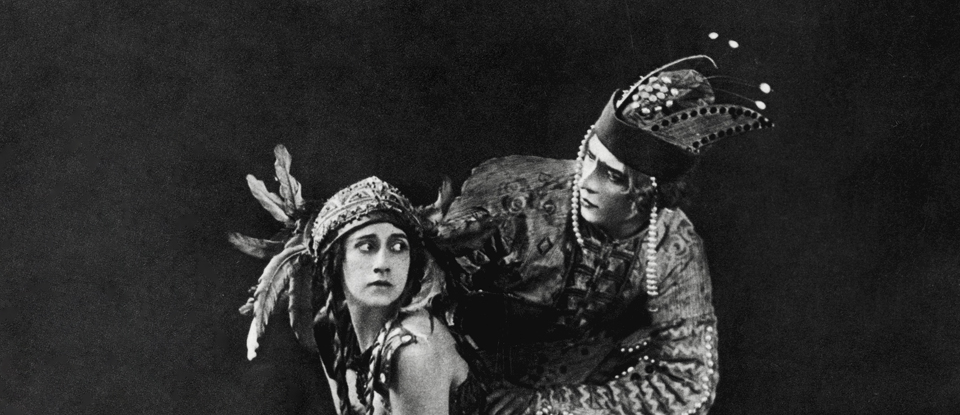I rarely read books twice, but when I do I do it back to back, like I'll finish page XXX then start up again on page 1 with little to no gap in between. I usually find myself rereading because I didn't like the book the first time and was hoping for more.
I did it with Crying of Lot 49 because I thought I had missed a whole bunch of crucial plot points, or dialogue but I was no more enlightened the second time around than the first. I reread The Blind Owl and found that some plot points came together making the second reading a little more coherent but I was overall still lost, though that is sort of the nature of that book. I reread The Orange Eats Creep a second time because honestly I didn't like it the first time through, there was so much going on, the style unique, and I felt lost or as if I had lost something during the first reading. You think I would have learned from my previous rereads which had been less than fruitful but, lo and behold, rereading Orange Eats Creeps was totally worth it. It is one of those few, rare books which opens up upon repeated visits.
Orange Eats Creeps starts out as a fairly coherent, plot driven novel. The narrator is a runaway from a foster home that travels around trainyards and convenience stores with three friends. She takes drugs and describes her group as "vampires" though it isn't clear whether she is using this term literally or figuratively. The narrator is looking for her foster sister/lover Kim, though she seems more to be wandering around with Kim as a vague goal as long periods of her journey appear mostly aimless. In the beginning the narrator is fairly imaginative in her descriptions of people and events and has a tendency to gloss over periods of time without mentioning why. As the novel goes on these descriptions and the loss of events begins to become more common and eventually takes over the novel. The plot becomes less important and the "feelings" and descriptions of the narrator's world dominate . If you want to get a real feeling for the atmosphere of the novel check out this playlist made to go along with it. Repetition of passages begins to occur, often out of context. This gives the later parts of the novel a hypertextual or schizophrenic feel. In an interview here Krilanovich talks about the methods she used to write the novel which I found works well as a key to certain parts of the novel. I can't remember reading a novel in which this shift occurs, where the main drive of the narrative shifts so dramatically. Krilanovich does this incrementally so the shift is almost unnoticeable but comparing a sentence from the middle of the book to a one in the beginning displays a huge contrast in style and tone. This is a notable feat.
Orange Eats Creep received an impressive amount of praise for a debut novel coming from a small press, and received the praise from big institutions as well. Remarkable as well for a novel in which the idea of the characters as "hobo, junkie, teenage, vampires" was chosen on a dare. Some have described the novel as a new way of storytelling and while not entirely inaccurate I think this goes a little far. Krilanovich draws heavily from Burroughs and doesn't do anything he hadn't done years ago. I like to think that the difference is that Burroughs was doing cut ups for the sake of cut ups while Krilanovich uses the technique to portray a descent into madness, addiction or some other great dark depth into which the narrator falls.
Krilanovich's depictions of house shows and anarchist subcultures (some real, some invented) are imaginative and done with an eye to detail. A favorite section of mine is where she describes subversive hibernation: groups of young people who hole up in fortress like compounds and take mixtures of over-the-counter medicine and herbs to induce months long sleep in an attempt to damage the food production industry. Hibernation pops up a number of times in the novel and this is the capstone for the thread of the idea: this sort of naive yet highly organized activity which takes Leary's entreaty to "drop out", mixes it with a healthy dose of wishful institution smashing, and a dose of backwoods folk wisdom. It really acts as a microcosm of the influences of the novel.
I felt there was a lack of emotional depth in the novel. Perhaps Krilanovich was going for this but I never felt moved to sadness or joy by any of the events of the novel, and humorous sections are few and far between. I also found a number of passages, especially the cut-up sections, to be technically impressive but which came off as confusing. Reading the interview in which she comments on the process, as mentioned above, is enlightening and increases the enjoyment of these sections measurably. There is a certain amount of feminism/feminist critique in the novel. I don't know much about this area so can't comment though I'm sure there are quite a few people that would be interested in Krilanovich's treatment of the subject.
Overall Orange Eats Creeps is up there with some of the more compelling fiction that has come out in recent years and at that for a number of different reasons. It pushes hard thematically, linguistically, theoretically, and otherwise. Props to Krilanovich for getting big press as well. Hopefully she keeps moving up from here and others follow her lead as it could signal something exciting for the future.


No comments:
Post a Comment